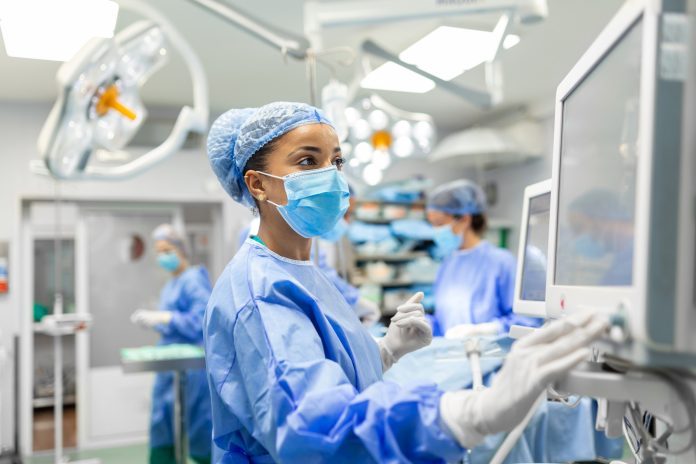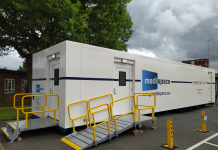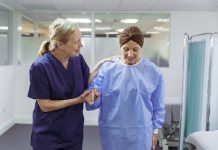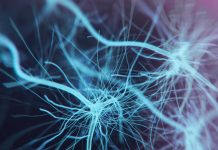Innovation for new healthcare technology has been funded toward treatments for Alzheimer’s, cancer and more, with support going to digital hubs and technology-assisted surgery
Up to £20 million have been allocated to support scientists developing innovative medical treatments and diagnostic tools using the latest advances in quantum, robot technology, imaging, and digital hubs.
UKRI has announced of the £36.5 million being allocated, £16.5 million of the investment will go to new digital health hubs across England, with partners including:
- The NHS
- Social care providers
- Universities
- Businesses
Dr Kedar Pandya, Executive Director of Cross-Council Programmes at EPSRC, said: “The projects and hubs announced today will deliver a variety of innovative approaches to improve healthcare outcomes for patients.
“This investment will support scientists and engineers who are transforming the way we treat and diagnose diseases by using the latest developments in robotics, computer modelling and imaging.”
“Transforming the way we treat and diagnose diseases”
Within this funding, five projects are to create healthcare technologies, with support from the Engineering and Physical Sciences Research Council (EPSRC) and £2 million in funding from the Medical Research Council (MRC).
Digital hubs across healthcare, academia and business
Digital hubs are a new digital transformation collaborative project between healthcare, academia and business. Set to drive innovation in digital health, they will promote knowledge and skills sharing.
These digital hubs will focus on five key healthcare challenges:
- Healthcare outside hospitals
- Tackling health inequalities by developing digital healthcare technologies in the NHS
- Addressing health needs of underserved communities, and ending digital exclusion
- Development of digital technologies such as symptom-tracking apps or wearable devices to improve health
- Antimicrobial resistance
These digital hubs will be run in several universities, including:
- Bristol
- Newcastle
- Sheffield
- University College London
- King’s College London
Self-propelled robot endoscopes for cancer
Another project under this funding are self-propelled robot endoscopes developed by scientists at Imperial College London.
Able to move easily as well as carry small surgical lasers and powerful tissue analysis, these endoscopes are tube-shaped instruments that can film procedures inside the body – allowing scientists to find and treat early gut cancer, reducing the need for further surgery.
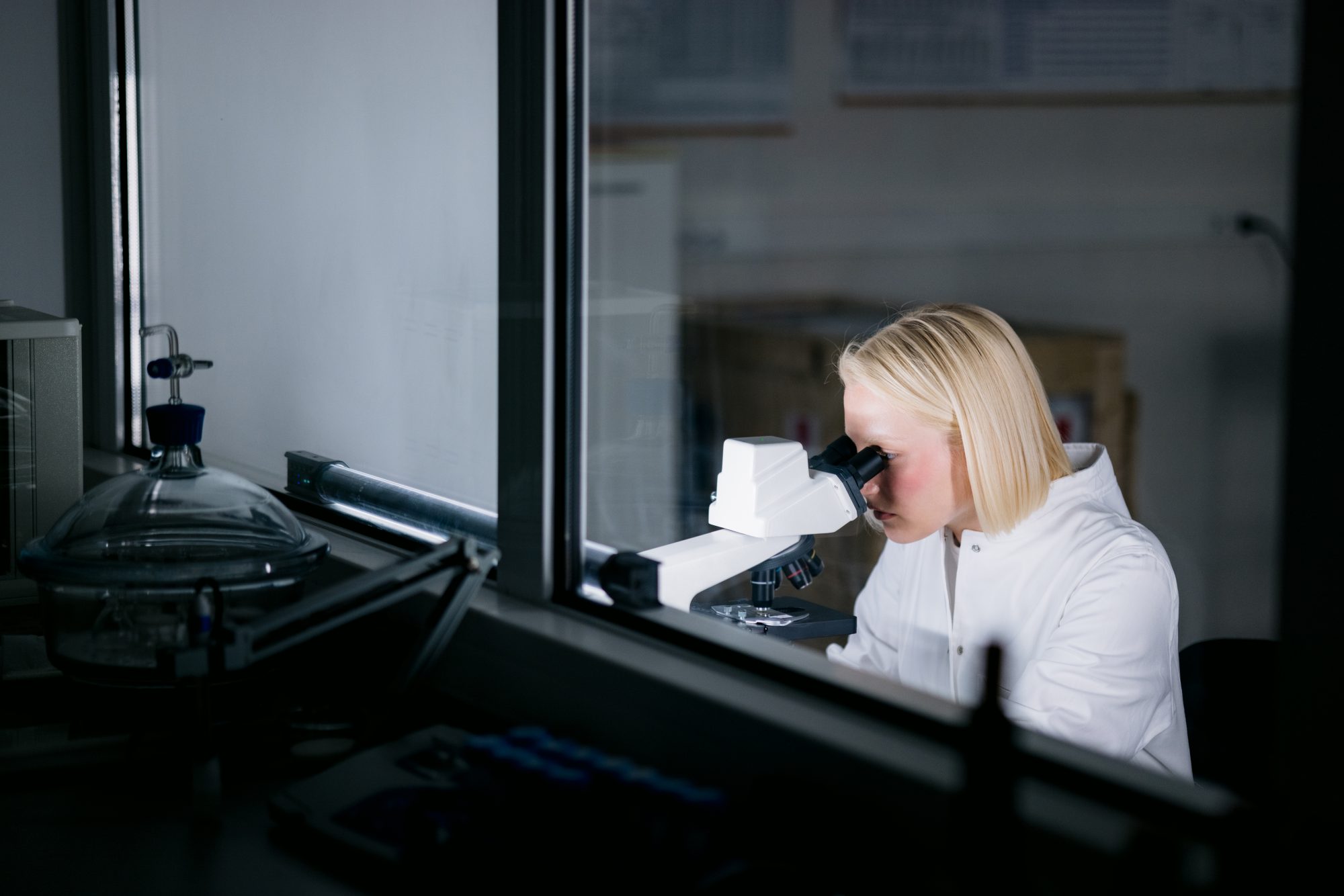
Low-intensity ultrasound for cancer, stroke and Alzheimer’s
Scientists at the University of Oxford will also be using new technology on their development of microbubbles as image-contrasting agents, stimulated using the light of ultrasound.
The treatment could be used to manage diseases such as cancer, stroke, Alzheimer’s disease and drug-resistant infections.
Digital twin-assisted surgery
Exact computer models known as digital twins are being developed by the University of Strathclyde, for doctors to test procedures and predict outcomes on patients.
This digital twin model will personalise the treatment for each patient, which could significantly improve patient outcomes and recovery times.
Stroke patients to receive new portable brain imaging
Scientists at Imperial College London will develop a portable brain imaging ultrasound tool that can diagnose and treat neurological conditions such as stroke, using advanced computer modelling to remove distortions producing a high resolution, high contrast image of the brain.
This will also enable ultrasound to be used successfully for the first time on the brain.
Ultrasound to be used successfully for the first time on the brain
Computer-generated models of leukaemia for disease prediction
Finally, researchers at the University of Glasgow are using their investment to develop a leukaemia-detecting technology with computer models – which is predicted to detect the disease years before cells become malignant.
Using developments in the field of methanobiology, the process of detecting very early cellular changes in the body.
Editor's Recommended Articles
-
Must Read >> Are Community Diagnostic Hubs the way forward?


